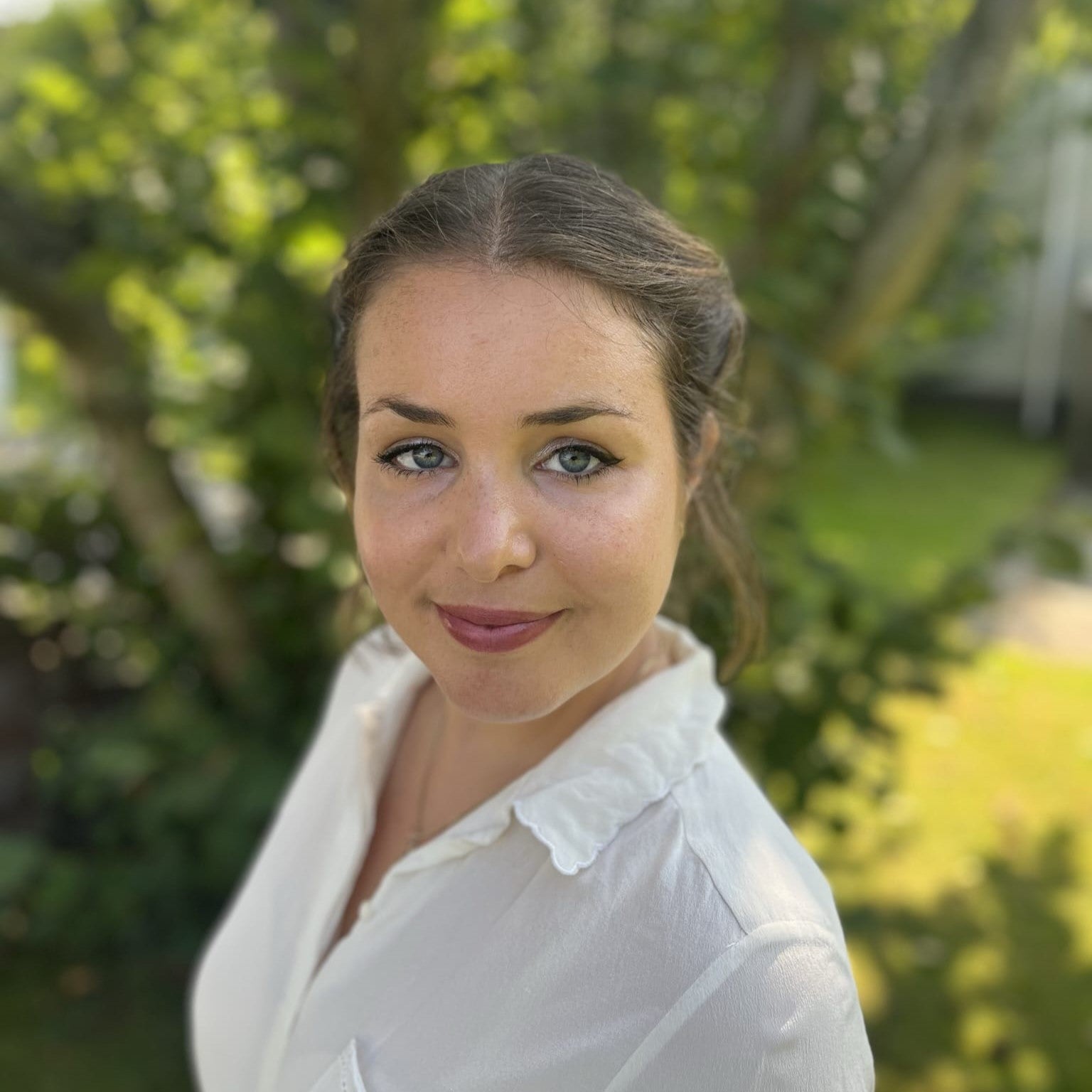This collaboration can take many forms — in the classroom, in committees, or in the design of specific course components. When students are not just participants but co-responsible, they develop a stronger sense of ownership. That ownership increases motivation and ultimately improves the quality of education.
At the Law in Society bachelor’s programme at Ģą˝ĘÓƵ, this collaboration is embedded in everyday practice. Students are involved in their programme in a natural and structured way. Below are four concrete strategies from this programme that show how this can be done effectively.
1. Create space for direct dialogue and open feedback
Lecturers in Law in Society maintain active contact with students. New teaching methods are regularly tested during classes, and students are asked what does and doesn’t work for them. Because this input directly leads to improvements, students feel heard and engaged. Teacher enthusiasm plays a key role: when lecturers are visibly passionate and can integrate their own interests into the course, it makes them more approachable and the learning experience more meaningful.
2. Set up a feedback committee
In addition to the formal programme committee, Law in Society has established a feedback committee made up of students from all year groups. These students collect input from peers and discuss it during structured panel conversations. The atmosphere is open and equal — course instructors are not present during the sessions to ensure psychological safety. Afterwards, a lecturer summarizes the outcomes and formulates action points. This approach helps students feel taken seriously, which increases their commitment and sense of responsibility.
3. Involve student assistants as full team members
Student assistants teach first-year seminars and co-design educational content with lecturers. Decisions are made collaboratively, and the student perspective is actively valued. This sense of equality fosters strong co-creation. The result: content that better reflects students’ lived experience, and a more meaningful role for the student assistants themselves.
4. Ensure a safe and respectful learning environment
Students will only speak up when they feel safe to do so. Within Law in Society, an open atmosphere is cultivated — free from rigid hierarchies. Students know they can express themselves without fear of negative consequences. In programmes where that psychological safety is missing, valuable insights often go unheard. A culture of trust and equality is therefore essential for long-term collaboration between students and staff.
Designing education together requires a shift in mindset — one that aligns with the Students as Partners approach. This example shows it’s possible: when students are invited to meaningfully co-create, the result is more ownership, deeper engagement, and better education for everyone involved.

